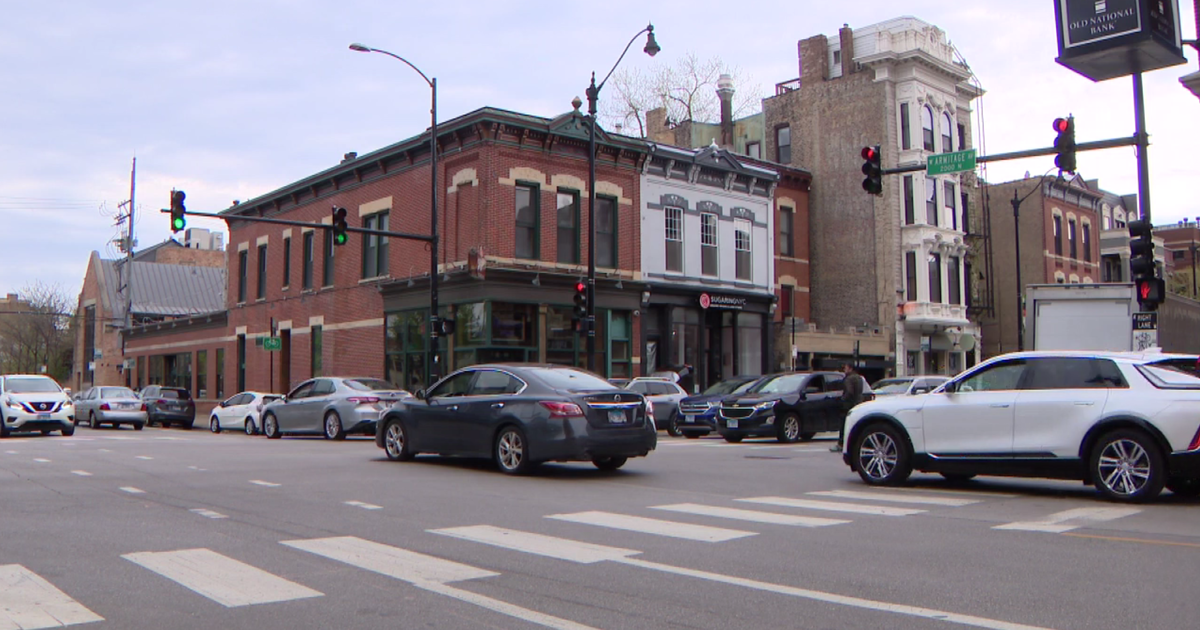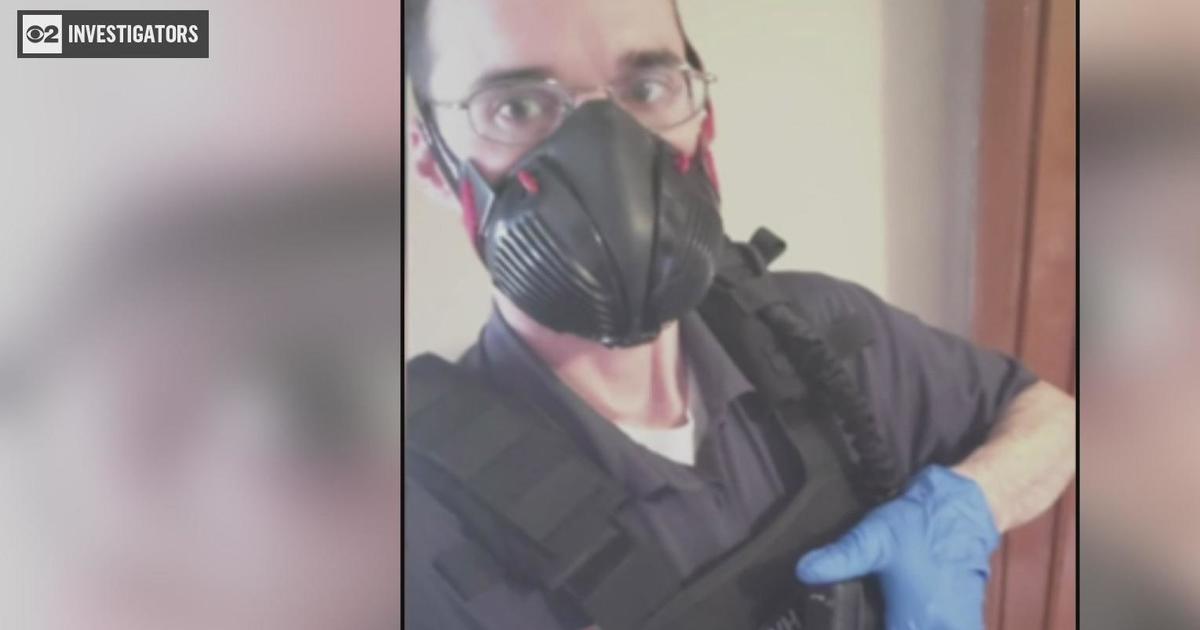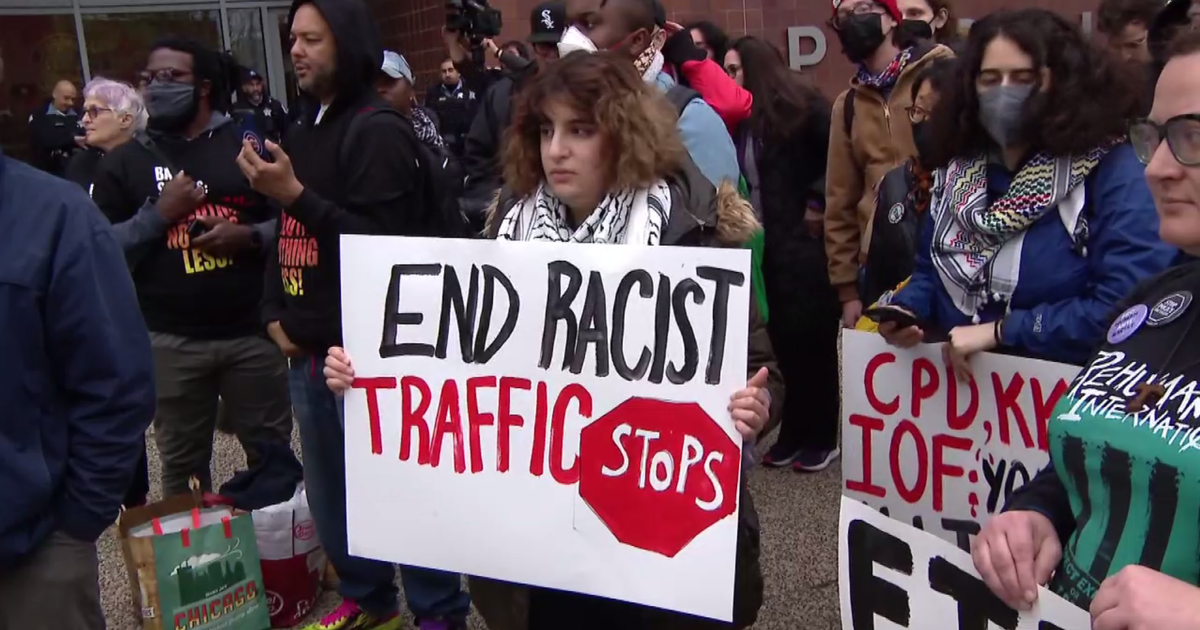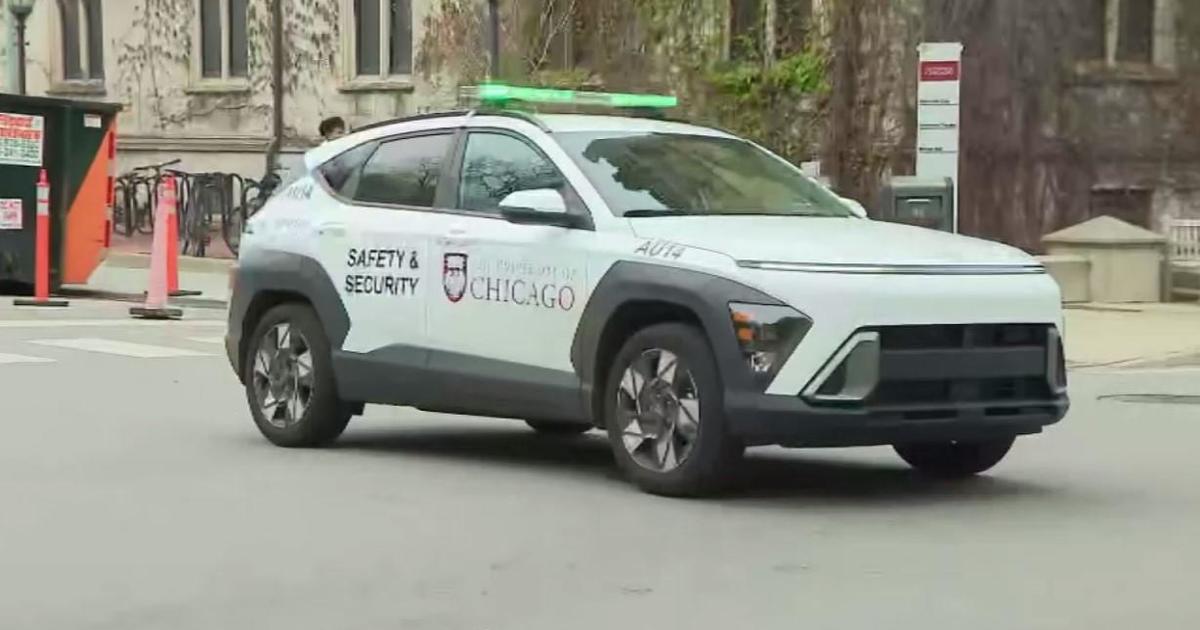Prosecutors Rest Their Case Against Christopher Vaughn
JOLIET, Ill. (STMW) -- Prosecutors have rested their case against Christopher Vaughn, the Oswego man accused of gunning down his wife and three young children so he could go live a life of isolation in the Canadian wilderness.
The jury considering Vaughn's guilt heard from about 80 witnesses over more than three weeks. They painted a picture of a man disinterested and fed up with his life as a suburban family man and private investigator of computer forensics in downtown Chicago, and who was spending thousands of dollars at strip clubs in the days leading up to his family's deaths.
They also heard Vaughn's wife, Kimberly, described as a happy and optimistic homemaker looking forward to a new career after her graduation from the University of Phoenix.
But Vaughn's attorneys have said Kimberly pulled the trigger, and Wednesday morning they called their first witness to the stand — ballistics expert and criminalist Lucien Haag of Arizona. His testimony is likely to continue after a lunch break.
Vaughn's attorney, George Lenard, made a brief and routine request for a directed verdict Wednesday — arguing Judge Daniel Rozak should acquit Vaughn because prosecutors failed to prove their case. Rozak denied the request swiftly and the trial continued.
Prosecutors offered some of the most damning testimony against Vaughn Tuesday, when bloodstain-pattern analyst Paul Kish said Vaughn's explanations to police didn't explain why his blood was found on his wife's seat belt, the center console of his Ford Expedition and the side of his wife's shorts. It also didn't explain why investigators found drops of his blood on the floor of the SUV next to the 9 mm Taurus pistol found between Kimberly's dead feet.
Police found Vaughn's family shot to death June 14, 2007, after Vaughn, bloody and limping and nursing gunshot wounds in his left wrist and thigh, flagged down a passing motorist along a frontage road west of Interstate 55. The bodies of his wife and children were in the red Ford Expedition, which was parked nearby.
Vaughn said he was taking his wife and kids — Abigayle, 12; Cassandra, 11, and Blake, 8 — to a water park in Springfield. He said his wife got sick, and he pulled over in a secluded area to give her some privacy. Vaughn said he got out of the car, checked the rooftop luggage carrier and returned to the driver's seat. That's when he said his wife shot him and he stumbled out of the SUV onto the frontage road.
But prosecutors contend Vaughn got out of the car and shot his wife and children.
Ballistics expert Matthew Noedel had testified that the bullets that killed Abigayle and Cassandra came from the left shoulder of the front passenger seat. On Tuesday, he said there was plenty of room for someone to reach over Kimberly's body in the passenger seat and fire the gun at the three children, even inflicting the close-range gunshot wounds investigators said they found on the children's bodies.
Then Vaughn returned to the driver's seat and shot himself to make it look like his wife pulled the trigger, prosecutors say. When he was done he dropped the gun between Kimberly's feet and unbuckled her seat belt, they say.
Kish said he was asked to study the Ford and other pieces of physical evidence in the case. He said blood matching Vaughn's was found near the front of the center console, on the cover of one of Kimberly's books, on the floor between Kimberly's feet and on Kimberly's seat belt. And he said her seat belt was fully retracted when police found her.
Kimberly's blood also dripped onto the rear end of the center console. But he said the blood pattern there suggested someone made a wiping motion across the middle of the console from the driver's side toward the front on the passenger's side.
"You can clearly see motion going across those stains while they're still wet and wiping them away," Kish said.
And he said that motion must have been made by someone other than Kimberly.
"The only other person would have been Christopher Vaughn," Kish said.
Vaughn sat passively at the defense table Tuesday, as he has through most of the trial.
Lenard tried to counter Kish's theory, suggesting Kimberly could have been alive and well when her husband reached toward her. He even suggested the sound of a gunshot in an enclosed car could have made her pause as her ears rung.
Kish conceded Lenard's theory was possible.
"But it doesn't make any sense," he said.
(Source: Sun-Times Media Wire © Chicago Sun-Times 2012. All Rights Reserved. This material may not be published, broadcast, rewritten, or redistributed.)



